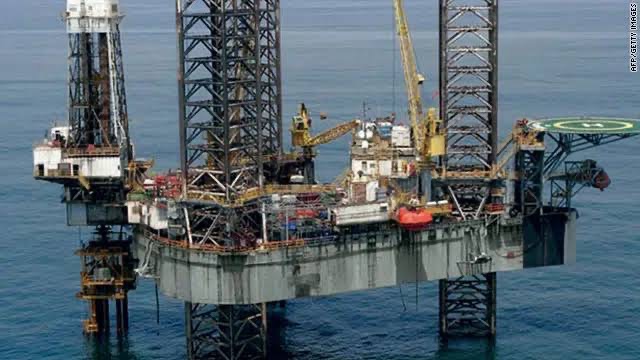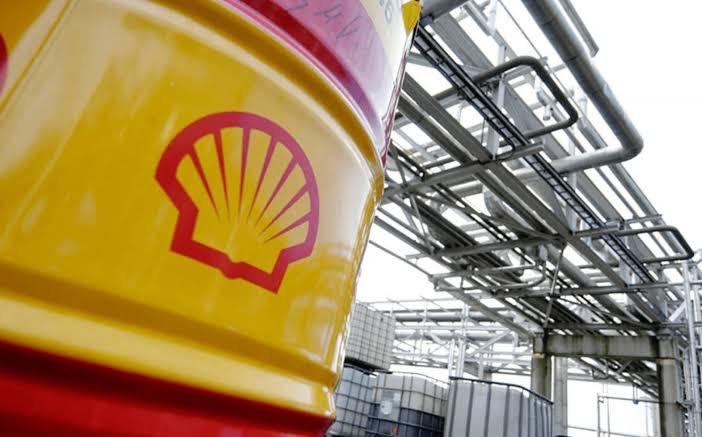By Olaitan Ibrahim
The Nigerian Upstream Petroleum Regulatory Commission (NUPRC), has rejected Shell International Plc’s bid to sell its onshore assets to Renaissance in a transaction worth $1.3 billion.
Sources close to the matter revealed that the transaction which needed the green light from the regulatory commission as required by the Petroleum Industry Act (PIA) has been rejected, according to a report by the Africa Report.
However, as of Monday, another source revealed that the deal was at a 70/30 per cent chance, and with the push by President Bola Tinubu the deal was to close soon.
“I’m not aware of this particular news. This morning, we got information that there is a 70-30 assurance that the sale will go through. “The President is also interested in the sale and wants to ensure that the sale goes through as quickly as possible. This is the information we got this morning,” our source revealed.
Shell had earlier revealed its intention to divest its full stake in the Shell Petroleum Development Company of Nigeria Limited (SPDC) to Renaissance, a consortium comprising ND Western Limited, Aradel Holdings Plc, the Petrolin Group, FIRST Exploration and Petroleum Development Company Limited, and Waltersmith Group.

In April, the NUPRC established a divestment framework to evaluate applications for ministerial approval of Shell’s divestment plans.
Gbenga Komolafe, NUPRC’s CEO, highlighted that this framework covers areas such as technological expertise, financial standing, legal requirements, decommissioning and abandonment procedures, environmental remediation, labour and industrial relations, data repatriation, and host community trust.
He also emphasised that Renaissance must prove it has the technical capability to efficiently manage the assets in question.
Between January and August 2024, the deal’s value dropped from $2.4 billion to $1.3 billion.
These assets have been at the centre of a legal dispute between Shell and local firm Global Gas and Refining Limited, which has sought a court injunction to prevent NUPRC from endorsing the sale. Local reports suggest both companies have several disagreements over contractual responsibilities.
In response to Global Gas’ objections, Shell clarified that it was not selling the onshore assets directly to Renaissance for $1.3 billion but was transferring shares.

Meanwhile, a coalition of 40 NGOs, including Amnesty International, raised concerns over the transaction, urging that the sale not be approved until Shell’s environmental damage has been thoroughly assessed.
In the same vein, the Petroleum and Natural Gas Senior Staff Association of Nigeria rejected the sale of Shell onshore assets, saying the consortium, Renaissance, was unknown to it coupled with several allegations.